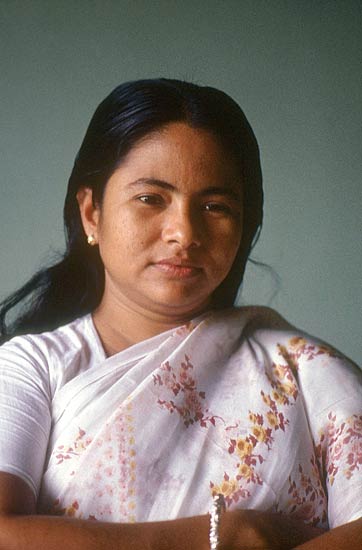Mamata Banerjee: Leading West Bengal Amidst Challenges

Introduction
Mamata Banerjee, the Chief Minister of West Bengal and leader of the All India Trinamool Congress (AITC), continues to play a crucial role in the state’s governance and political landscape. Her policies, particularly concerning social welfare and development, have made a significant impact on the lives of millions of residents. As she navigates through various challenges, including political opposition and economic hurdles, understanding her leadership style and recent initiatives is essential.
Current Status and Initiatives
Recently, Mamata Banerjee has been in the spotlight for several key initiatives aimed at boosting the state’s economy and social welfare. In light of ongoing recovery from the pandemic, her administration launched the “Bangla Crop Assistance Scheme” to support farmers affected by natural disasters. This program aims to provide financial aid and resources to ensure food security and agricultural sustainability in West Bengal.
Additionally, her government has focused on improving infrastructure through investments in health facilities and education. The “Kanyashree Prakalpa” scheme, which empowers girls through education and financial incentives, continues to receive attention as it has significantly reduced school dropout rates among girls in the state. These initiatives align with her vision of inclusive development.
Political Landscape and Challenges
Despite her successes, Banerjee faces challenges from opposition parties who criticize her governance and administrative decisions. The Bharatiya Janata Party (BJP) has been vocal about its desire to expand its influence in the state, and recent elections have highlighted a competitive political atmosphere. Nevertheless, Banerjee remains a resilient leader, known for her grassroots connection with the populace, which her supporters cite as a key factor for her continued relevance in West Bengal politics.
Conclusion
Mamata Banerjee’s leadership is characterized by her ambitious policies and a commitment to socio-economic development. Her recent initiatives reflect a determination to uplift the state despite numerous challenges. As West Bengal approaches the next election cycle, her ability to adapt to changing political dynamics and address the concerns of her constituents will be critical. Observers predict that her continued focus on welfare programs and infrastructure development will play a crucial role in shaping the future of West Bengal.









